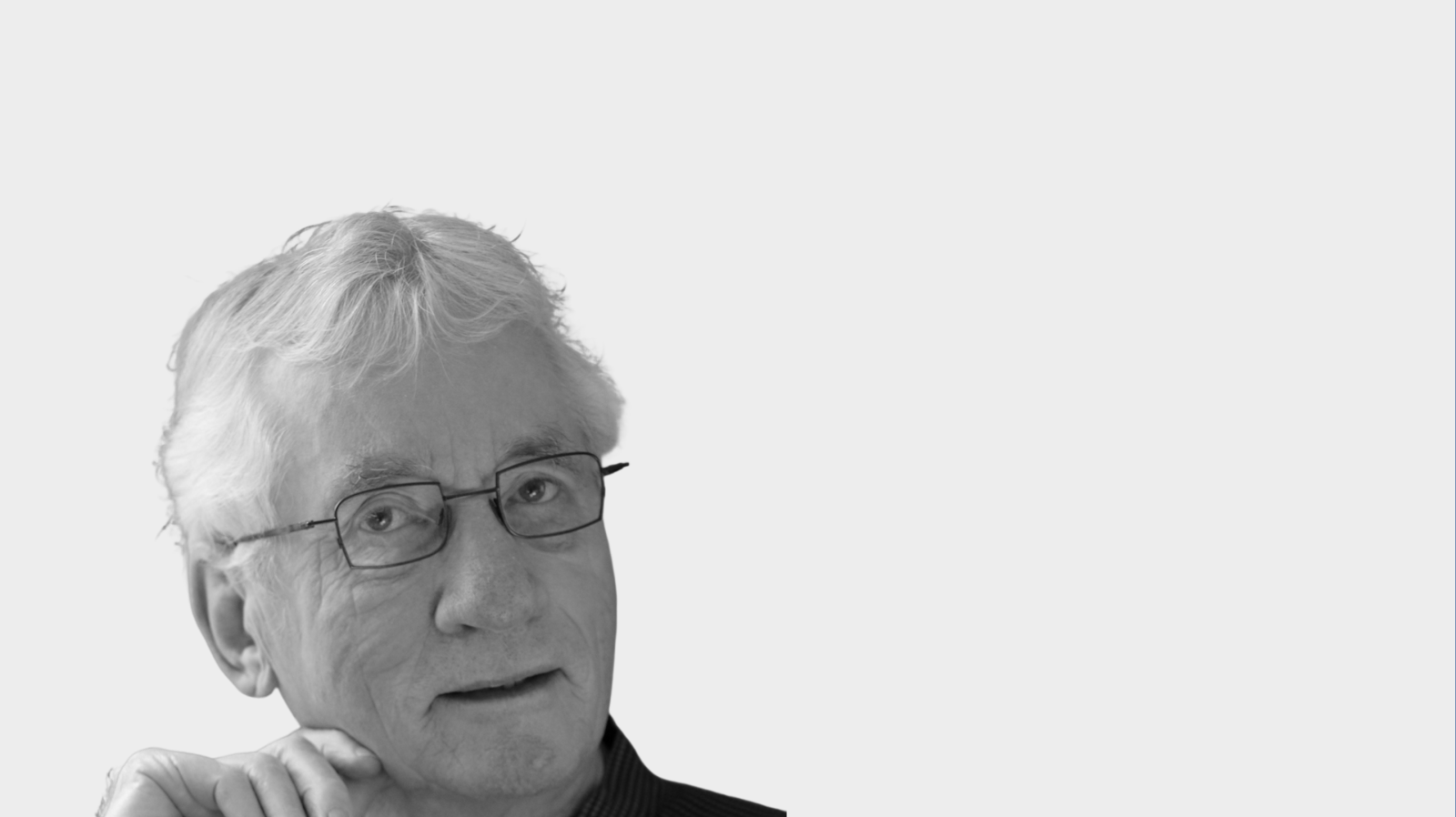
The ASSET project, Action plan in Science in Society in Epidemics and Total pandemics, presented today its Policy Report at the European Parliament. The EU-funded project has performed a citizen consultation in eight different European countries to engage citizens in preparedness and response towards crises caused by emerging outbreaks, epidemics, and pandemics. The countries are: Bulgaria, Denmark, France, Ireland, Italy, Romania, Norway and Switzerland.
The results from the citizen consultation shows a clear consensus among the majority of the 400 people who participated in the consultations, in terms of transparency and public health safety during an emerging outbreak. ASSET also presented today policy recommendations, to politicians and decision-makers across Europe, based on citizen input. Some of the suggestions are: clearer risk communication to restore trust in society; public health interests being given priority over individual freedom in an emergency situation; and public health authorities devoting more resources to collecting citizen’s input on policies regarding epidemic preparedness and response.
Public health safety is essential in case of an infection threat
According to the citizen consultation results, more than 82% of consulted citizens consider that public services, such as kindergartens, schools, and offices, should be closed in case of a pandemic. Denmark leads this question with 93%, while France is the least determinant, with only 60%.
Previous outbreaks such as 2009 A(H1N1) pandemic flu, Ebola and Zika have had an effect on large international events. The citizen consultation included a question in this regard. 69% of the consulted European citizens think that large international events, such as the Olympic games, should be cancelled during a similar outbreak.
It is also relevant to highlight the consensus about mandatory flu vaccination for healthcare workers in case of a pandemic or epidemic risk. 85% of the European consulted citizens said that public health authorities should be mandatory for every single health professional.
Communication between citizens and public health authorities should be improved
Risk and crisis communication channels are important for European citizens. Only 29% of consulted citizens are satisfied with the information from public health authorities during epidemic threats like Zika in recent years. The consultation reveals two exceptions: Denmark with 48% and Norway with 64% of satisfied citizens.
In case of a pandemic outbreak, citizens considered that the most important piece of information from the public health authorities is what to do (67%), and secondly, routes of transmission (19%). Authorities should use this piece of information in their future communications strategy during a outbreak.
The citizens believe that honesty and good communication can increase public trust (no matter how bad the situation is), and that it is their right to know and understand the situation accurately. They can even accept uncertainty, if this is well explained.
The general practitioner is still the preferred source of information
Another theme addressed in citizen consultations has been the sources that the European citizens used to acquire knowledge and their most trusted sources of information on the recent Zika epidemic.
The general results show a clear preference for the general practitioner as source of information. However, we observe a different perception of the Internet as source of information in the north of Europe (Ireland, Denmark and Norway). In these countries, we see how the Internet is playing an important role. 31% of the people prefer the Internet, versus 34% that prefer information coming from the general practitioner in Denmark, 37% versus 25% in Ireland, and 42% versus 42% in Norway.
In terms of sources of information, the most trusted for the citizens are the general practitioner (74% of trust), European health authorities (70%) and national health authorities (70%). The sources that are the least trusted are newspapers (48%), the Internet (49%) and TV (52%), during a case of pandemic.
All the data, by country, can be examined at this web tool on the ASSET website.
You have access to the Policy Report here.


